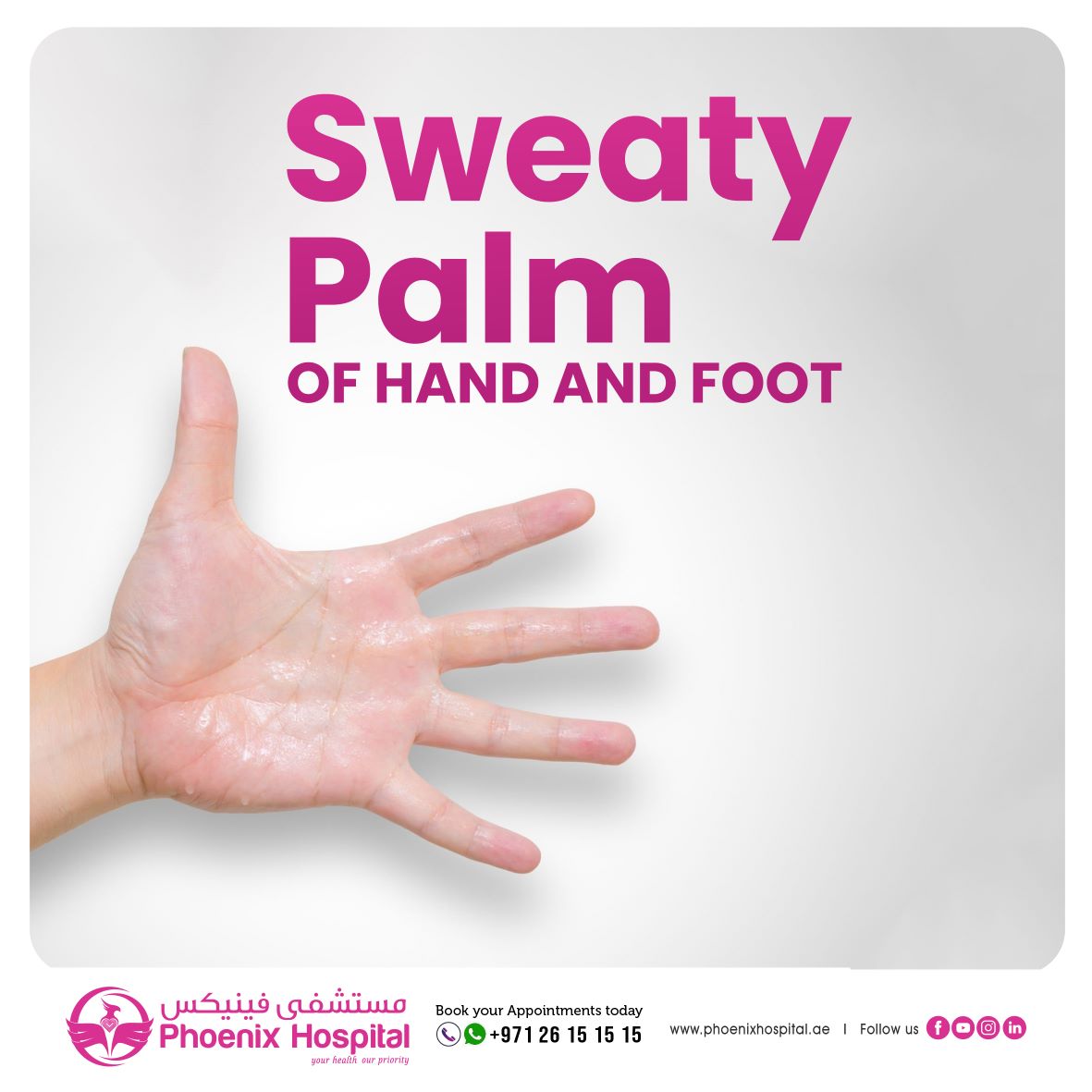Understanding the Origin of Excessive Sweating and Its Influence On Every Day Life
Too much sweating, also known as hyperhidrosis, is a problem that affects a substantial section of the population, yet its underlying causes and effects on day-to-day functioning continue to be somewhat enigmatic. While it is typically recognized as a physiological reaction to control body temperature level, the triggers for too much sweating can differ extensively among individuals, including not only physical aspects yet additionally emotional and psychological aspects. In addition, the influence of this problem expands past mere pain, often influencing social communications and general lifestyle. By delving into the origin of hyperhidrosis and exploring its multifaceted results, a deeper understanding of this prevalent concern can be gotten, clarifying the complexities that individuals grappling with excessive sweating browse each day.
Physiology of Sweat Glands
The regulation of sweat manufacturing, a critical physiological procedure, is mostly controlled by the activity of gland dispersed across the body. Sweat glands are classified into 2 main kinds: eccrine and apocrine glands. Eccrine glands are one of the most various and are located in nearly all areas of the body. They play a crucial role in thermoregulation by producing a watery fluid onto the skin's surface, which vaporizes and aids cool the body down. In comparison, apocrine glands are concentrated in areas abundant in hair follicles, such as the underarms and groin, and their secretions are thicker and milklike in look.
When the body temperature level climbs, either due to physical task, high temperature levels, or emotional anxiety, the anxious system sets off the sweat glands to generate sweat. This sweat is composed mainly of water and electrolytes like sodium and chloride. The procedure of sweat manufacturing is vital for maintaining the body's interior temperature level within a slim, optimal range, highlighting the important duty sweat glands play in human physiology.
Triggers for Excessive Sweating
In comprehending the origin creates of excessive sweating, it is important to determine the triggers that can bring about this physical response. Excessive sweating, also understood as hyperhidrosis, can be triggered by various elements, both ecological and physiological. One typical trigger is psychological anxiety or anxiousness, which can boost the body's gland to produce even more sweat than is needed for cooling down. Physical physical effort, heats, and spicy foods are also known to activate too much sweating in people vulnerable to this problem. Specific medical problems like hyperthyroidism, menopause, or diabetic issues can contribute to excessive sweating as well.
Furthermore, drugs such as some antidepressants, opioids, and certain supplements can additionally function as triggers for hyperhidrosis. Understanding these triggers is crucial in taking care of excessive sweating successfully - Treatment for hyperhydrosis of hands. By determining and addressing the certain triggers that prompt extreme sweating in an individual, medical care companies can develop individualized treatment plans to alleviate this condition and boost the individual's lifestyle
Medical Issue Associated
Linked with excessive sweating are different clinical conditions click for info that can worsen this physical reaction. One typical problem is hyperhidrosis, a disorder characterized by extraordinarily increased sweating that surpasses the continue reading this body's thermoregulatory demands. This can manifest in focal areas like the palms, soles, underarms, or face, influencing a person's quality of life because of social humiliation and pain.
Furthermore, endocrine disorders such as hyperthyroidism, diabetes mellitus, and menopausal warm flashes can likewise lead to excessive sweating. Hyperthyroidism causes an overflow of thyroid hormonal agents, speeding up metabolism and triggering sweating.
In addition, infections like consumption, HIV, and endocarditis have been connected with evening sweats, a common signs and symptom recognized to interrupt rest and impact overall health. These clinical conditions highlight the varied series of underlying factors that can add to extreme sweating, necessitating detailed examination and management by medical care experts.
Psychological and psychological Factors

Impact on Social Communications
Excessive sweating can have extensive results on an individual's capacity to engage pleasantly in social interactions. The visible indications of sweat discolorations or wet spots on Extra resources clothing can bring about shame and self-consciousness, causing individuals to take out from social situations. This withdrawal can influence relationships, limitation social tasks, and hinder individual and specialist development.

Furthermore, the stress and anxiety and self-worth concerns stemming from excessive sweating can impact interaction and interpersonal abilities. Individuals may struggle to focus on conversations, take part in team tasks, or share themselves with confidence. This can lead to feelings of isolation and solitude, as social links come to be testing to keep.
Verdict

While it is typically understood as a physiological response to manage body temperature level, the triggers for extreme sweating can vary widely amongst people, including not only physical elements but psychological and additionally psychological aspects. By delving right into the root causes of hyperhidrosis and discovering its diverse effects, a much deeper understanding of this prevalent issue can be gained, losing light on the complexities that individuals grappling with too much sweating navigate on a day-to-day basis.
Physical effort, high temperatures, and spicy foods are additionally understood to trigger extreme sweating in individuals vulnerable to this condition. By identifying and resolving the particular triggers that prompt extreme sweating in an individual, medical care companies can develop individualized treatment strategies to reduce this problem and enhance the individual's high quality of life.
Excessive sweating can have extensive results on an individual's capacity to engage pleasantly in social interactions.